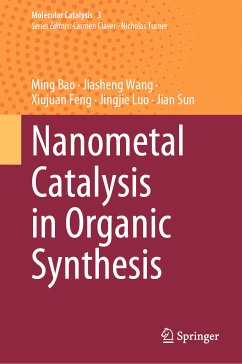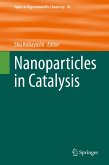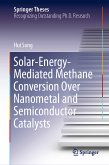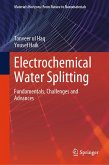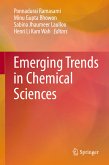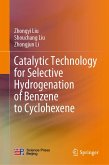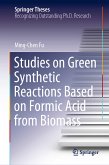The book explains principles and fundamentals of nano-metal catalysis in organic synthesis and highlights the current developments and future potential of the green chemistry-oriented applications of metal nanocatalysts. It consists of six chapters, including introduction; organic synthesis catalyzed by metal nanoparticles; organic synthesis catalyzed by metal nanoclusters; organic synthesis catalyzed by metal single atoms; organic synthesis catalyzed by nanoporous metals; and conclusions and outlook. It introduces the latest advances in preparation, characterization, and catalytic application of metal nanocatalysts, elucidates the catalytic mechanisms of various metal nanocatalysts, and inspires rational catalyst design. This book is interesting and useful to a wide readership in various fields of chemical science and engineering.
Dieser Download kann aus rechtlichen Gründen nur mit Rechnungsadresse in A, B, BG, CY, CZ, D, DK, EW, E, FIN, F, GR, HR, H, IRL, I, LT, L, LR, M, NL, PL, P, R, S, SLO, SK ausgeliefert werden.

